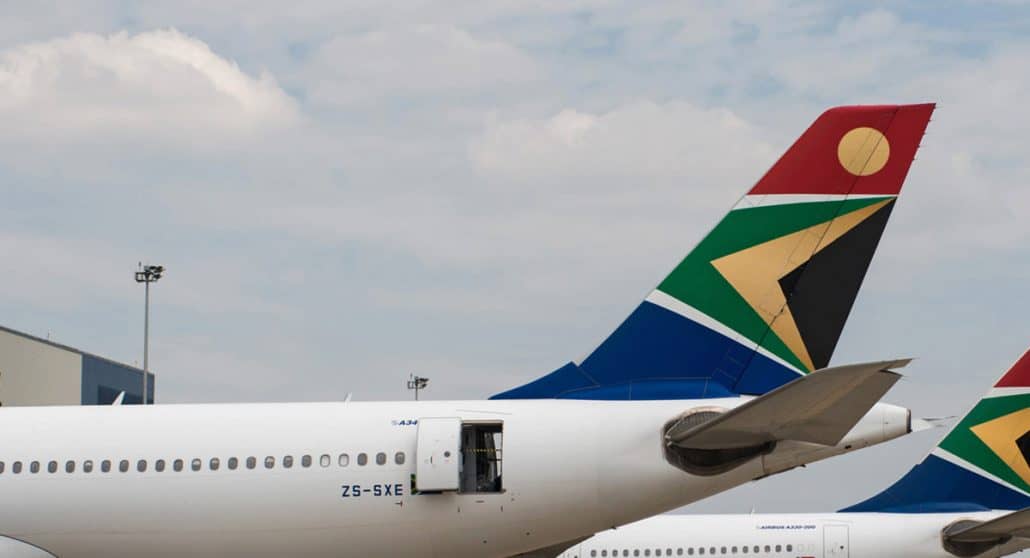Between the pronouncement made on planned anti-corruption efforts during his maiden state of the nation address (Sona) on 16 February this year, and his Cabinet announcement of this past Monday, President Cyril Ramaphosa seems to be serious about his administration’s planned restoration of state-owned enterprises (SOEs). It remains to be seen, however, if the interventions will bear fruit and help restore the faith of South Africans.
“We will change the way that boards are appointed so that only people with expertise, experience and integrity serve in these vital positions,” he said during Sona, adding that from now on, board members of SOEs would be removed from any role in procurement and will work with Auditor-General Kimi Makwetu to strengthen external audit processes.
“As we address challenges in specific companies, work will continue on the broad architecture of the state owned enterprises sector to achieve better coordination, oversight and sustainability.”
By their very nature, SOEs drive the socio-economic goals of government and fulfil both a commercial and developmental mandate in this regard. However, it is widely believed that the general standard of leadership of the country’s SOEs deteriorated over the period of the administration of former president Jacob Zuma. From Eskom to Transnet and SABC to SAA, there are countless media reports attesting to poor governance, undue political interference and influence, and incompetence on the part of those at the helm of these important institutions. The appointments of, and subsequently the interests of those who sit on the boards of these entities have come under scrutiny over time, with good reason.
Corruption Watch released an animated video in December last year that addresses the very issue of board appointments and the standards adopted there. Some interventions – which stem as much from public demand as from civil society pressure, have started to yield results.
Eskom, for instance, is being put through an accountability process in the form of a Parliamentary inquiry into its affairs, following scandals relating to its alleged capture by companies owned or associated with the Gupta family. A similar process engaged state broadcaster SABC in 2017, at the end of which Parliament recommended that the board be dissolved, and a new board be appointed that will a) check in with Makwetu to address all findings by his office relating to irregular, fruitless and wasteful expenditure; b) institute an independent forensic investigation into questionable and irregularly-awarded contracts; and c) review the broadcaster’s funding model, with the assistance of the Treasury.
In a somewhat ironic turn of events, former finance minister Pravin Gordhan has been appointed by Ramaphosa as the new minister of public enterprises – the ministry that oversees the functioning and operation of SOEs. Gordhan replaces Lynne Brown, who faced tough questions from him while he was a member of the parliamentary portfolio committee on public enterprises.
Poor SOE governance impacts South Africa’s poor
In a 2017 report that highlighted the state of SOEs, Makwetu said: “most of these SOEs have a direct impact on the lives of citizens through the services and infrastructure they provide.
“Poor governance, mismanagement, fraud and corruption claims and a lack of financial sustainability at some of the SOEs have been in the spotlight for the past few years – attracting attention as taxpayers’ money is used to sustain the failing SOEs. As this narrative contributes to the loss of public confidence in the ability of the state to govern and oversee these SOEs, we have included our findings on the state of SOEs in this report based on our audits.”
On the positive side, the report noted a slight improvement in compliance with legislation, which it said was as a result of three SOEs addressing their previous year’s (2016) findings, but two regressing in this area.
“The internal controls that should ensure the quality of financial statements and performance reports as well as compliance with legislation were not in place at all SOEs, resulting in these outcomes. The weakest control areas were their policies and procedures, IT system controls, and compliance monitoring. A discipline of regular in-year reporting and monitoring of financial and non-financial results had also not been established.”
Corruption Watch, in its submissions to the Draft Public Audit Amendment Bill, 2017, highlighted points relating to referral and oversight powers of the Auditor-General and, particularly amendments relating to the recovery of losses of State money from government’s accounting officers, when it is lost due to corruption or mismanagement.
“As we address challenges in specific companies, work will continue on the broad architecture of the SOEs sector to achieve better coordination, oversight and sustainability,” said Ramaphosa in the Sona. “This is the year in which we will turn the tide of corruption in our public institutions. The criminal justice institutions have been taking initiatives that will enable us to deal effectively with corruption.”

